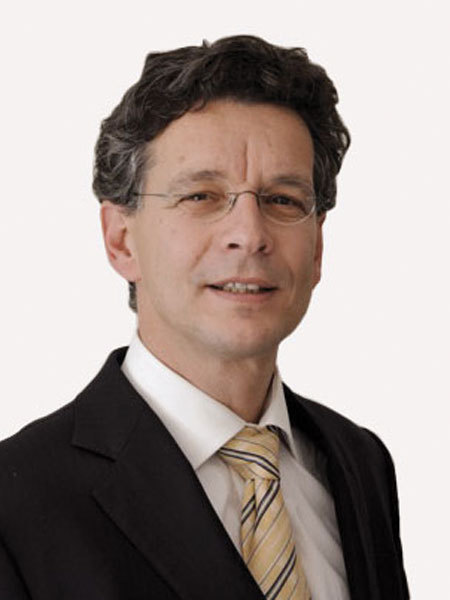Entering the Endgame

July 22, 2011
BY Robert Vierhout
The battle in Europe on how to address indirect land use change politically is heating up with the European Commission in the final stage of coming to a conclusion. To prepare the report, the commission asked that a 2009 study be updated using a slightly updated version of the MIRAGE model (a multi-country, multi-sector dynamic model, developed initially in Paris) and a new scenario based on what EU members project the volume of biofuels will be in the near future. The results are shockingly bad, especially for biodiesel. From an average additional emission of 17 grams CO2 equivalent per megajoule in the previous study, it is now 38.4. The higher number is mainly caused by relatively high volume of biodiesel expected to be used to fulfil the target and that the raw material to supply that need is palm oil. There is where the problem lies—deforestation outside the EU. The researchers recognize the limit of their study when they say “many model parameters are based on weak estimates, and therefore systematic sensitivity analysis is required to measure the potential range of ILUC”.
So much for science and so much for using “evidence” and “robust findings” as a basis for policy, in my humble opinion. If I were in the shoes of a regulator, I would want to think twice before putting a legal burden upon the shoulders of biofuel producers based on this.Still, the enormous noise made by nongovernmental organizations, concerned politicians and scientists, leaves the commission no other option but to regulate land use change. The option of “doing nothing and keep monitoring the situation” would not address rebuilding the damaged image and reputation of the biofuel industry. Doing nothing is also not good for potential investors as the discussion on ILUC would become perpetual.
Advertisement
So, if an ILUC factor (penalty) is difficult to justify, what measure could then be proposed to mitigate unwanted land use change? The most obvious would be to recognize that some of the present biofuel production does not lead to deforestation and/or unwanted ILUC effects. Animal feed as a coproduct of wheat/sugar beet ethanol production guarantees that. It has been demonstrated by a peer-reviewed study of E4tech in October 2010. Equally, certain cultivation techniques, avoidance of the use of certain land and improved productivity have positive effects.
Another possibility is to increase the threshold of direct emissions savings that need to be achieved. Currently set at 35 percent reduction compared to the emission of fossil fuel emission, the threshold increases to 50 percent by 2018. There are plans, however, to increase that threshold to 65 percent and to have this enforced as of 2014 or even earlier. Whether such a measure would silence the critics is far from certain. Some critics want biofuels off the planet whatever the emission saving. The industry would not automatically accept this either. Such a high threshold could put lots of capacity out of business, certainly in the biodiesel sector, and could well open the debate on whether having a biofuel target is useful at all.
Advertisement
There will certainly be a grandfather clause, but crafting it will be a challenge. As the biodiesel sector already has enough production capacity in place to achieve the target still nine years away, a grandfather that would not reduce the biodiesel capacity in some way would be regarded by biofuel critics as greenwashing. Will it be possible to agree on a grandfather clause that safeguards present investments at least another nine years and even allows fuel ethanol production capacity to expand while at the same time limits the use of biodiesel that is linked to deforestation?
The EC energy and climate departments are still at loggerheads as to what will be the best way forward. According to the grapevine, the higher threshold has the best chances to make it to the finish, combined with a measure to prevent deforestation in countries outside the EU. There are too many doubts that the “best available” science on ILUC is mature enough to use for a policy that justifies an ILUC penalty.
Whatever the outcome of this process, it will not take very long. The president of the European Commission wants a political solution before the August recess. Once the proposal is out, we will move on to the next phase involving parliament and council where politics will prevail. The final outcome is very much undetermined.
Author: Robert Vierhout
Secretary-general, ePURE
Vierhout@epure.org
Upcoming Events





